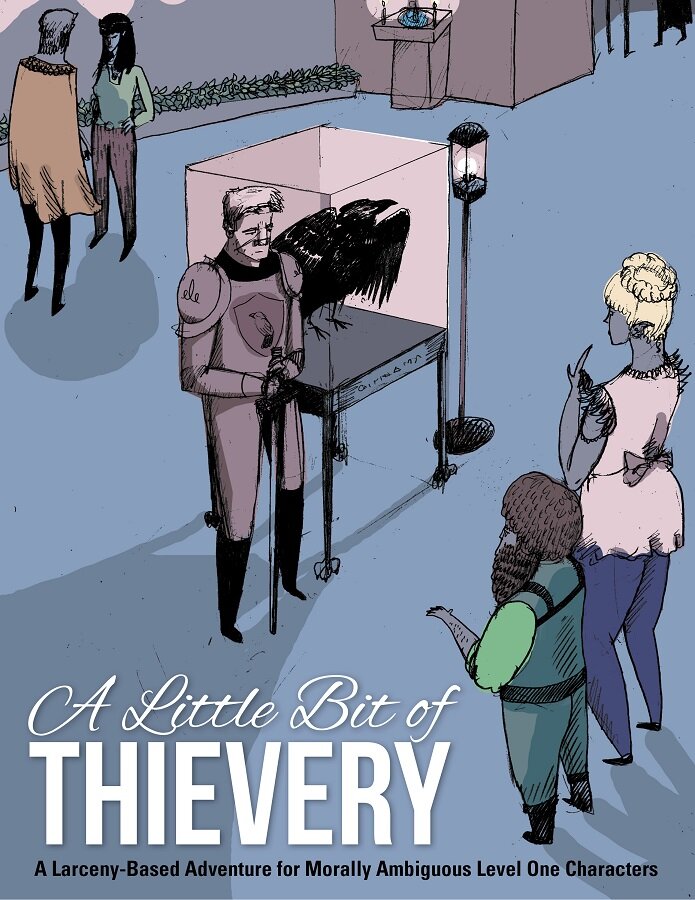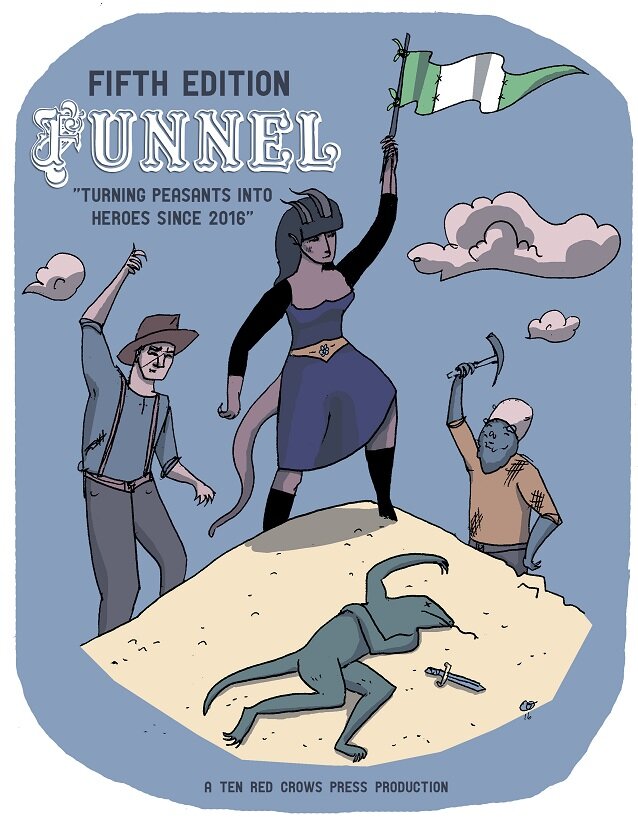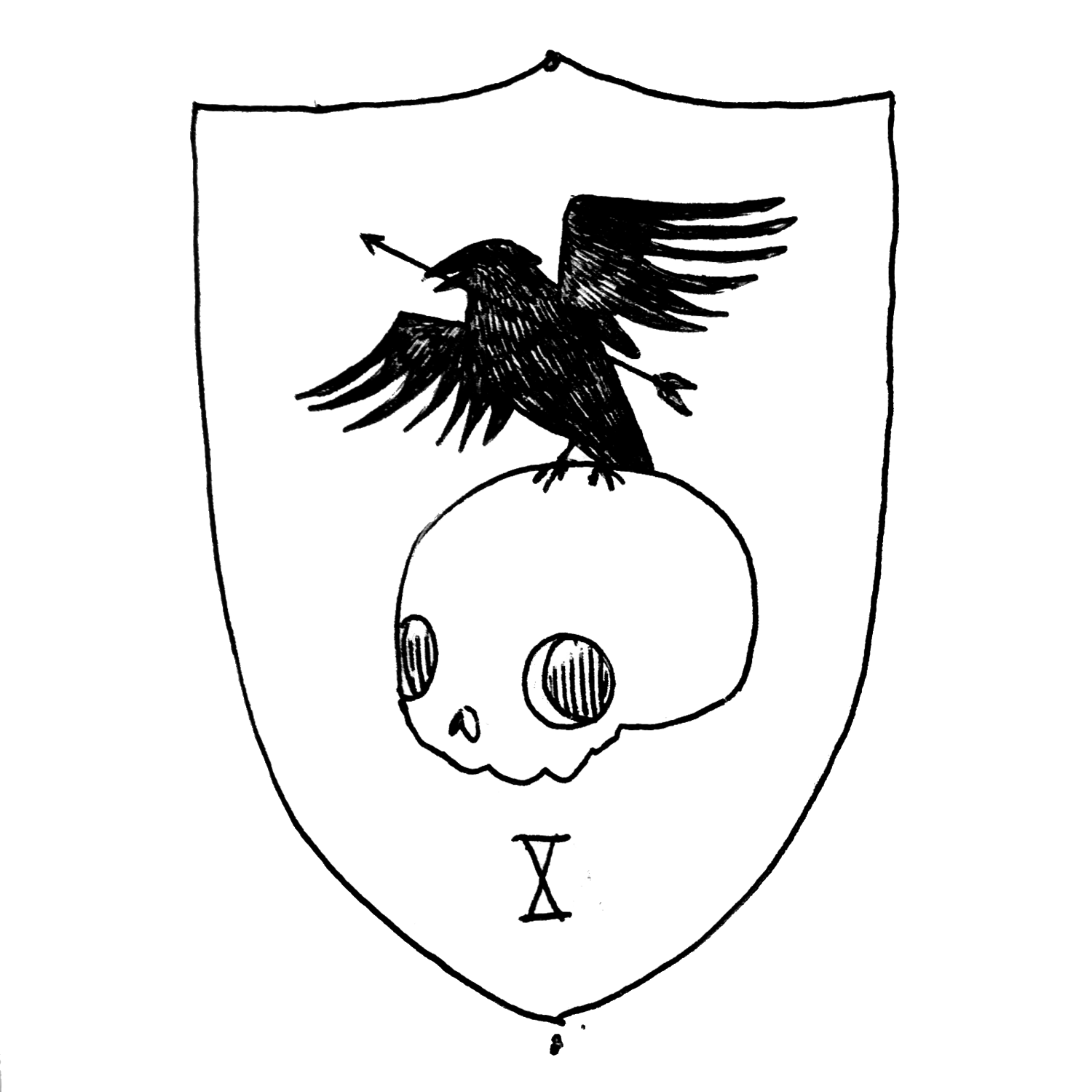Prelude: How not to do a long rest
DM: The orcs are held at bay. Broken and bloody, the heroes make camp to rest. Pressed from all sides, you nervously look out into the darkness. The cleric tends to the wounded, while the warlord looks to tomorrow's tasks: sharpening swords, patching armor, and boosting resolve. Your small camp of heroes is a tiny point of light against the encroaching darkness. Together you face the wild...
Gnomish Druid: We get to spend hit dice now, right?
DM: Yes, yes of course. Actually this is a long rest, so you get full hitpoints. Anyway [ahem] Together you face the wild untamed lands of Gar'nahkor, a once thriving land of...
Party: Um were done. We break camp. We use our stated marching order. The barbarian and paladin in front, the gnome in the middle, and the warlord takes up the rear. Where did our elf go?
Elven Fighter: I brought chips and sherry guys!
Party (in unison): Sweet Jodi... er "Enna the Elf".
DM (tossing my unread flavor text behind me): Ok. Where do you guys want to go?
Mechanical Resting
For a long time, a long or short rest felt like a mere mechanical action. Roll hit dice and mark up a character sheet. One less day until the evil villain completes his diabolical plan. Done. On to more adventure. All the ways I attempted to dress it up or make it something more than a mechanical action ended in failure. This was fine: we had plenty of good times exploring dungeons, and slaying kobolds (the characters rightly ran from dragons). I thought maybe some things are best left just as a purely mechanical action... until I started using interludes.
One of the best ideas I have ever heard (I think it was on NPC Cast), is using the Savage World Interlude system for your D&D game. In fact, it works for almost any RPG.
Basically, you hand out a playing card to each character and then they have to tell a story based on the suit of the card.
- Diamonds - Desire - The character tells a story about desire. It can be anything (material, relationship, a title, or whatever).
- Clubs - Tragedy or Violence - The character tells a sad or violent tale. This might be a great place to drop hints of past secret life.
- Spades - Victory - The character tells a story about a time they were victorious. As with all categories, the concept of victory can take many forms.
- Hearts - Love - The character tells a story about love. It could be a person back home, a philosophical concept, or, perhaps, something more sinister.
If a character tells a good story (you can tell this when everyone else is enthralled as opposed to checking their phone), you should provide a minor reward. Perhaps a bit of XP or a mechanical benefit (if it's 5e, try inspiration).
Your job as DM is to write down the key points. They have a love awaiting them? Cool. What's his name again and where is he? They bested the evil gnomes of Doodleproust? Perfect. Where is that on the map? Your players don't know it, but you dumped work on them. You may have built the world, but they are filling it and bonding to it. If you use the interlude system once a session, you will have an endless supply of material and plot hooks.
Giving up Control
Yes, when you allow the players to freely narrate the past and present, you are giving up some control over your game world. Luckily, players don't realize the power they have and most of these narratives will have a small impact to the world. Even if they have a large impact, they can probably be bent to fit the narrative structure. Remember, dynamics at the RPG table are about trust. DMs trust the players not to abuse any power given them, while players trust the DM not to abuse everything else
In exchange for a modicum of power (and, let's be frank, responsibility to fill the world) the players hand you material to which they feel invested. Remember, only the player has the true idea of their character, so any story they tell comes from that perfect vision. Then you get to mess with it. Mention your betrothed three times? That person is now a target or at least an NPC. Save the Vale from the Orcish Hordes? Well, the Vale may come to you with more problems. A good story about your dwarven step-father might get you a bonus on a check to parley with a dwarf. Did the player tell a boring story? You don't have to use it. So much content is generated, you can be judicious on what you use.
Example: A Quick Sketch
Yoodle the forest gnome told stories about her hometown, Snoodlefaust (located on another plane of existence). According to Yoodle, Snoodlefaust was always at war with its neighbor Doodleproust, and (after receiving a spade card) she told stories about how she took part in (adorable?) raids against "the Doodles".
So, I decided to take this and run with it. Perhaps Doodleproust and Snoodlefaust had always been enemies since time immemorial. Perhaps, once upon a time, a Snoodlefaustian army banished the patron demi-god of Doodleproust. Over time, the embittered Doodleproust populace turned to death cults to help recall their patron to the material world. Time to build a gnomish death cultist. I bet all citizens of Snoodlefaust (including Yoodle) are targets.
Obviously this is just a quick sketch and it requires further development, but you can see how easy it is to collaboratively build off of your player's ideas. Yoodle is in for a surprise.



